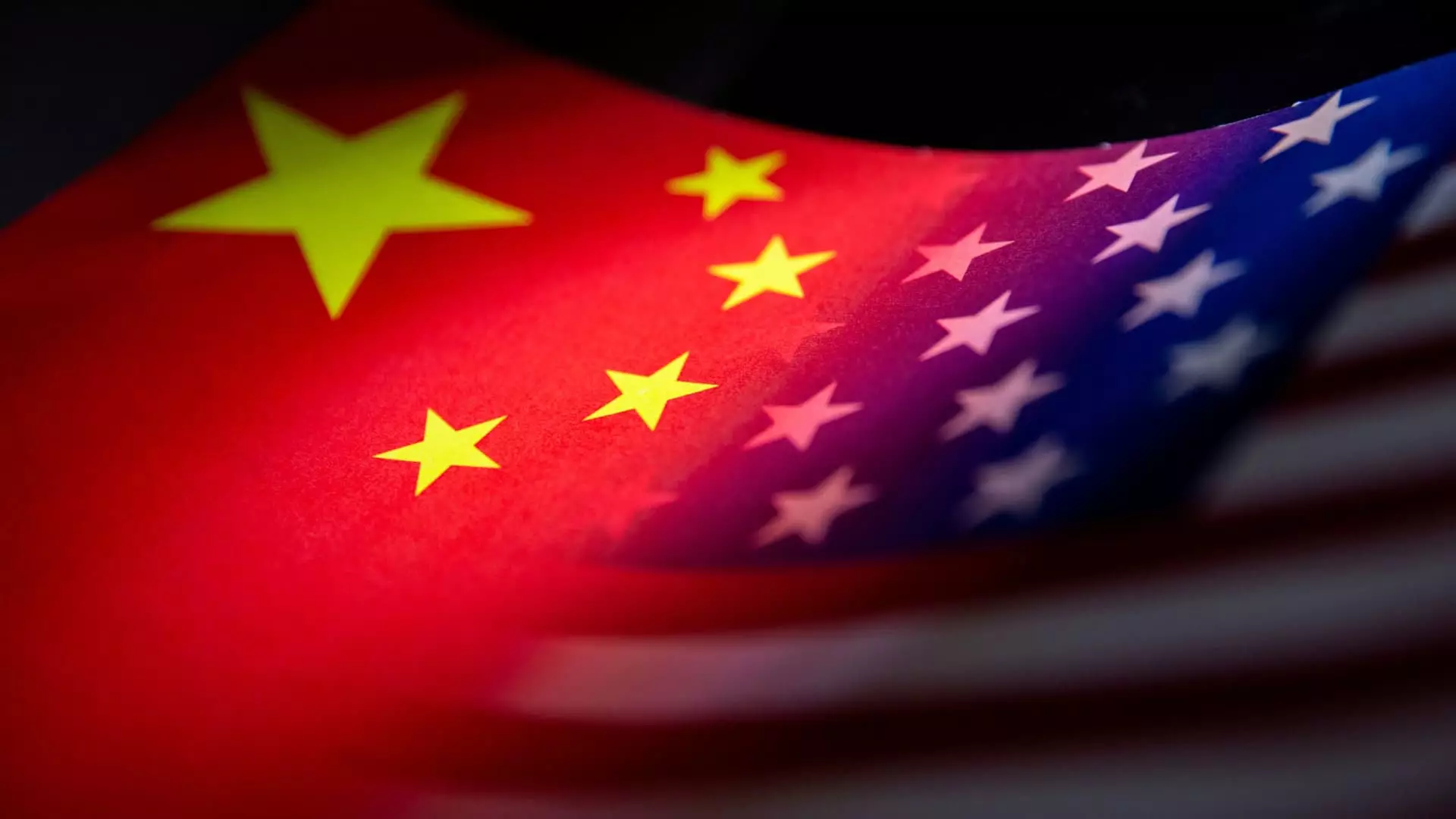On a recent Friday in Beijing, President Xi Jinping extended an invitation to global business leaders, articulating a vision for a collaborative and mutually beneficial future. Amid ongoing trade frictions with the United States, Xi’s push for investment in China comes as the country grapples with the repercussions of geopolitical tensions. His assertion that it is the responsibility of multinational corporations to “uphold global order” transforms corporate interests into a broader moral imperative. This perspective raises questions about the power dynamics at play: Is it reasonable for one nation to position itself as the steward of global commerce while simultaneously implementing protective measures at home?
Xi’s message resonated with notable executives from firms like Bridgewater Associates and Blackstone Group, who attended the event and caught the attention of financial pundits globally. By framing China as a safe harbor for foreign investments, the president sought to counteract skepticism fueled by economic hostilities, particularly from the U.S. His conviction that “to invest in China is to invest in tomorrow” attempts to instill an atmosphere of optimism amid uncertainty. However, it’s crucial to scrutinize these proclamations: Are they a genuine call for collaboration or a sophisticated maneuver to shore up China’s economic narrative in the face of adversity?
The Competitive Landscape of Global Trade
The escalating tariffs imposed by the Trump administration appear to be a central theme of this geopolitical saga. With a 20% increase in tariffs on Chinese goods and potential new tariffs waiting in the wings, U.S.-China relations have entered turbulent waters. In this context, Xi’s efforts to engage with global executives signal a strategic pivot designed to mitigate the fallout of these punitive trade measures. The juxtaposition of China seeking partnerships while a major trading partner takes a confrontational stance highlights the complexity of international trade. The very notion of decoupling from such a significant market raises alarms not just in Beijing, but among global businesses reliant on stable relations with both powerhouses.
Xi’s insistence on negotiations as a means to resolve these tensions underlines a crucial diplomatic approach—finding common ground in a climate of rising hostilities. His remarks about the resilience of global supply chains suggest a desire to transcend mere transactional relationships. Yet, as much as this rhetoric conveys a commitment to interdependence, it also exposes the fragility of such alliances amidst fluctuating political allegiances.
The Role of Business Executives in Political Dialogue
The gravity of the event extends beyond mere corporate interests; it positions business leaders as key players in diplomatic dialogues. This evolving role challenges traditional notions that politics and business run parallel to one another. When executives like Tim Cook and Bill Winters engage with Xi, they become part of the fabric of international relations, for better or worse. Their involvement can facilitate dialogue but might inadvertently legitimize an authoritarian regime known for human rights violations and stifling dissent.
The intertwining of global businesses with a state apparatus raises uncomfortable ethical questions. Are corporate leaders prioritizing profits over moral imperatives when they engage in such exchanges? The potential for corporate complicity in perpetuating undesirable political regimes looms large in discussions about international operations. Fostering an environment where business ethics and human rights coalesce is crucial, yet remains fraught with challenges.
Looking Ahead: The Possibility of Cooperation
As global trade dynamics continue to evolve, the forthcoming interactions between Xi and President Trump may herald a new chapter in U.S.-China relations. The prospect of a meeting, as indicated by political figures like Senator Steve Daines, carries both hope and uncertainty. Could this signify a thawing of hostilities, or merely a temporary reprieve before new disputes arise?
Li Qiang, the Chinese Premier, echoed the sentiment that no one benefits from a trade war, framing cooperation as a path to collective prosperity. While this concept is enticing, actualizing it in the face of persistent nationalistic agendas requires robust engagement from all parties. The questions that loom are stark: Are either of these nations truly prepared to compromise for the greater good, or are they too entrenched in their respective paradigms to foster a genuine partnership?
The road ahead is undoubtedly complex, laden with competing interests, ethical dilemmas, and ever-present political volatility. Yet, amidst the murky waters of global trade, Xi’s call for unity may resonate as a timely reminder of the importance of dialogue in navigating the multifaceted challenges that define our interconnected world.


Leave a Reply